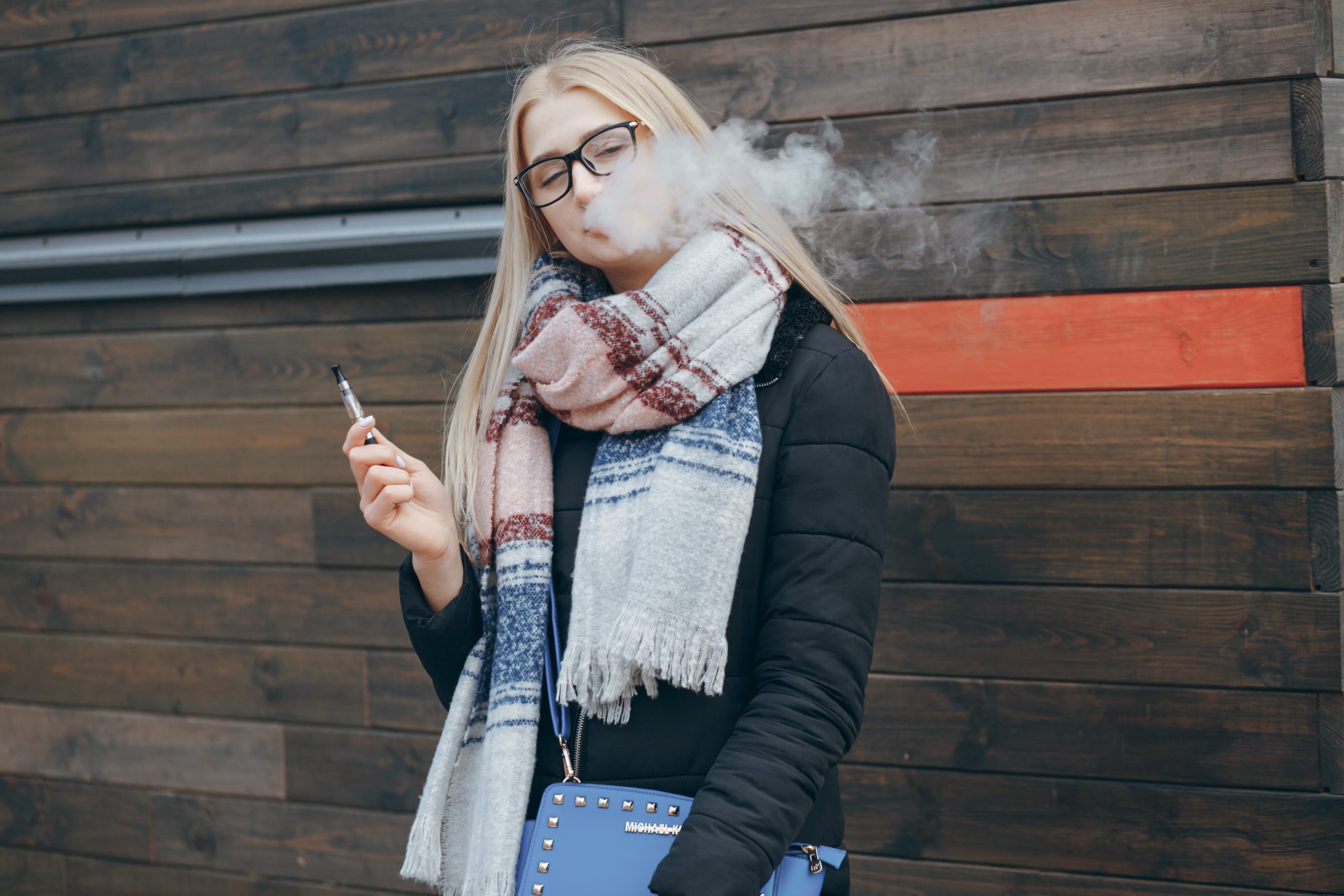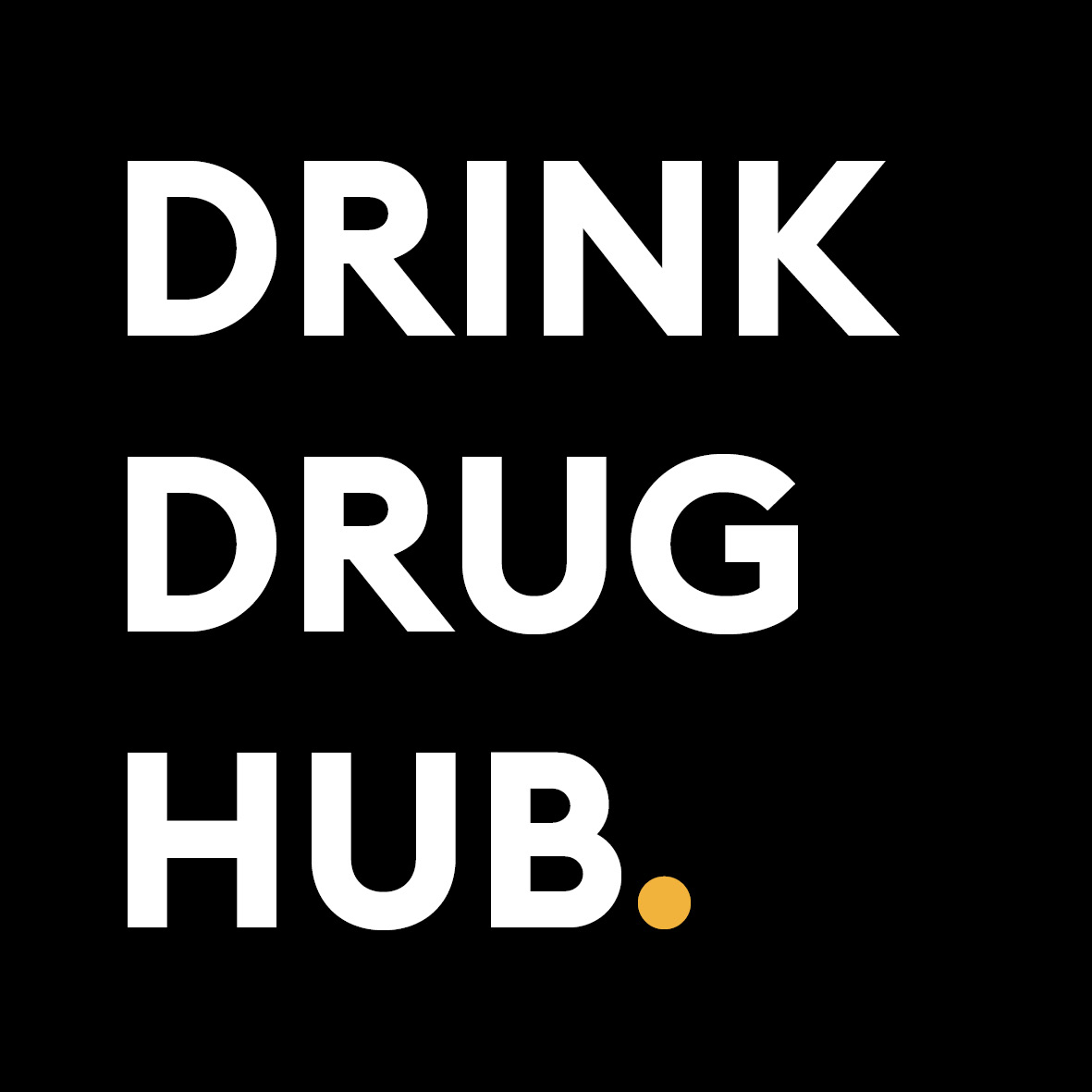What’s in your vape?.
| Read Time: 5 mins | Format: News

Why do we trust this source?
Something strange is happening with vapes. Imagine the scene. A group of teenage children are gathered in a school toilet sharing a vape, passing it around. They’ve done this before. It’s no big deal. But suddenly they feel ill. Their hearts race and their heads spin. One of them collapses. An ambulance is called.
Before going any further, it’s worth pointing out that vaping rarely leads to anyone being rushed to hospital – but it does happen, and it’s happening here in North Yorkshire.
In May 2023, a 16-year-old boy was rushed to A&E after suddenly falling ill vaping at school. The same month, four other boys became violently sick elsewhere in North Yorkshire. Two collapsed and one was found convulsing. All recovered, but it was very frightening.
This is happening elsewhere in the UK, as well. A few weeks after these incidents in North Yorkshire, a pupil in Manchester passed out while vaping. A few days later, pupils at two separate schools near Southampton were rushed to hospital experiencing heart problems and seizures.
These frightening incidents have had parents, teachers, and young people all asking the same thing: What was in those vapes?
There can be nobody better to ask than Dr Oliver Sutcliffe from MANchester DRug Analysis and Knowledge Exchange (MANDRAKE). Based at Manchester Metropolitan University, Oliver is a scientist. Give him a sample of a drug, and he can tell you what’s in it.
Although Oliver can’t say what was in those vapes used by young people in North Yorkshire, he can say what has been sent him in Manchester. He estimates MANDRAKE has tested between 10 and 15 different vapes, about two thirds of which were linked to people collapsing. “Most of those people thought they were using THC vapes,” he says.

Dr Oliver Sutcliffe: give him a drug sample and he can tell you what’s in it.
THC is important because it’s the main psychoactive compound of cannabis. If you want to get high from a cannabis product, it needs to contain THC. This is why THC products are illegal to buy, sell, or consume in the UK (except where prescribed), whereas CBD products are widely sold – CBD being the other major compound found in cannabis but, unlike THC, it won’t get you high.
The main point, however, is that since THC vapes are illegal they bypass regulations intended to prevent the inclusion of known toxic ingredients and keep consumers safe. A THC vape can, in theory, contain anything.
But what has Oliver found in the samples sent to him? He talks through the results he has seen so far, starting with the least harmful.
Firstly, nicotine. Nobody should be surprised to find nicotine in a vape. But if a young person has never tried nicotine before, that first hit, particularly if they inhale deeply, can leave them feeling queasy. This can be as true of legal products as those bought on the illicit market – but at least with legal products, you know they won’t contain more than a maximum of 20mg/ml of nicotine.
Next, anyone using an illicit vape or oil might find it contains THC. Again, this probably wouldn’t surprise anyone shopping around on the illicit market (unless it was advertised as a CBD product). This is often why people use the illicit market – to get high. THC is also easy to detect. “If you have THC in a vape, you’ll be able to smell it quite quickly,” says Oliver. “It’s just like cannabis – although the smell can also be obscured by a flavoured base oil.”
The difficult part, though, is knowing how much THC an oil contains. Oliver recalls testing one sample with an eyewatering THC content of 90%, when ordinarily he typically sees samples closer to 40%. “You could smell if from half a metre away,” he says.
Super strength THC might sound ideal to anyone looking for a good time, however, too much THC can cause dizziness, sickness, a dry mouth, red eyes, changes in blood pressure and an increased heart rate. More of a drug is not always better – not if you want to enjoy the experience instead of hurling your guts up. Additionally, anyone ingesting THC must also be mindful of what they plan to do afterwards – such as driving.
Vaping cannabis can also lead to a higher THC dosage than if you smoked it. This is because drugs break down when they are heated up, and it takes less heat to vaporise a drug than to combust it in a spliff or bong.
“It comes down to the ignition temperature,” says Oliver. “With a vape you aren’t getting as much degradation, so you are getting a potentially higher amount of the actual active ingredient.”
Putting this all together, anyone vaping THC may accidentally receive a much greater dose than they anticipated, which could leave them feeling unexpectedly ill.

Be prepared for a higher dose if you vape a drug rather than smoke it.
Next, we get to a substance most consumers would not expect to find in their vape.
Vitamin E acetate is banned from legal vapes in the UK, but it is sometimes used illicitly as an additive to dilute or thicken the oil. When it is heated up, it decomposes into a chemical called Ketene which, when inhaled, can damage lungs and lead to a condition called ‘Popcorn Lung.’ Scarring builds up and breathing becomes difficult – in some cases it can be fatal.
This has been a huge problem in America where 2,907 people are believed to have been hospitalised and 68 killed through unknowingly vaping vitamin E acetate. In the UK, this additive is less common, but it is still present in some illicit vapes and oils. What’s more, you’d never know it was there since its presence is easily masked by other ingredients used to colour and flavour the oil. MANDRAKE tested a sample in March 2023 and found that it contained 33% vitamin E acetate. On that basis alone, an alert was issued.
But perhaps the most worrying substance you might find in illegal vapes isn’t a singular substance at all, but a huge collection of drugs collectively known as ‘Spice.’
You may have heard of Spice before. These are synthetic drugs created in laboratories (usually in China but sometimes in India) to mimic the effects of other drugs like cannabis. Technically, they are called Synthetic Cannabinoid Receptor Agonists – or SCRAs.
SCRAs are potentially much more harmful than cannabis. For a start, there are just so many of these drugs. Oliver says that over 700 SCRAs have been identified, so it is impossible to know which SCRA you might accidentally consume or how much you can have without getting sick.
Meanwhile, the consequences of overdosing can be serious and even life-threatening. According to a review of SCRA-related deaths in England, 165 people are known to have died in England from SCRAs. Overdoses happen quickly, with people collapsing and rapidly becoming unresponsive. In most cases (90%), the person had been using other substances as well.
Deaths from vaping in general are surprisingly rare, though. Only two people are known to have died from vaping any substances at all in England between 1997 and 2020, and both were male prisoners. Both died after consuming SCRAs.
This number is only a guide, though, as there could be other deaths that we know nothing about. Added to which, overdoses don’t always end in death, so although just two people have died, how many more have been hurt? We don’t know. Researchers, however, believe vaping may become an increasingly common way to consume drugs, so we could see these numbers rise.
Before finishing the interview, Oliver is asked for advice about staying safe. He contemplates the question and concedes it is a difficult to provide a definitive answer.
“When it comes to SCRAs,” he says, “I would say it’s unlikely it’s going to be a drug that you can advise people to take safely… But if you were to put warnings out to advise people, I think you are more likely to find illicit substances in refillable vapes rather than manufactured and sealed vapes.”

Refillable vapes may be more likely to contain illicit substances. But be wary of any product you didn’t buy at a legitimate retailer.
Ultimately, though, Oliver has a point. It is hard to give advice about a drug when you don’t know what the drug is. We still can’t say for sure what was in those vapes consumed by young people in North Yorkshire, making them ill. One was tested and found to contain a SCRA. The others we just don’t know.
Despite this, there are some things that anyone vaping drugs should consider. To begin with, you should be wary of using any vape or vaping oil you haven’t bought yourself from a high-street store or reputable online supplier. Only legally sold vapes are regulated so you can be sure they won’t contain toxic additives like vitamin E acetate or other drugs you don’t want.
If you want to vape THC to get high, meanwhile, your only option in the UK is to turn to the illicit market. This inevitably comes with risks. You cannot judge an illicit vaping oil to be safe from its packaging, appearance, or smell – although if you notice anything odd, it is probably best to leave it alone.
Sharing the same oil or vape with friends is also a bad idea. If the vape or oil contains a SCRA you could all overdose quickly and nobody will be able to get help. For the same reason, be careful using any new vape or oil for the first time alone. Lastly, if anyone finds they are struggling with their use of cannabis or any other drugs, they can get help at their local drug and alcohol recovery service.
